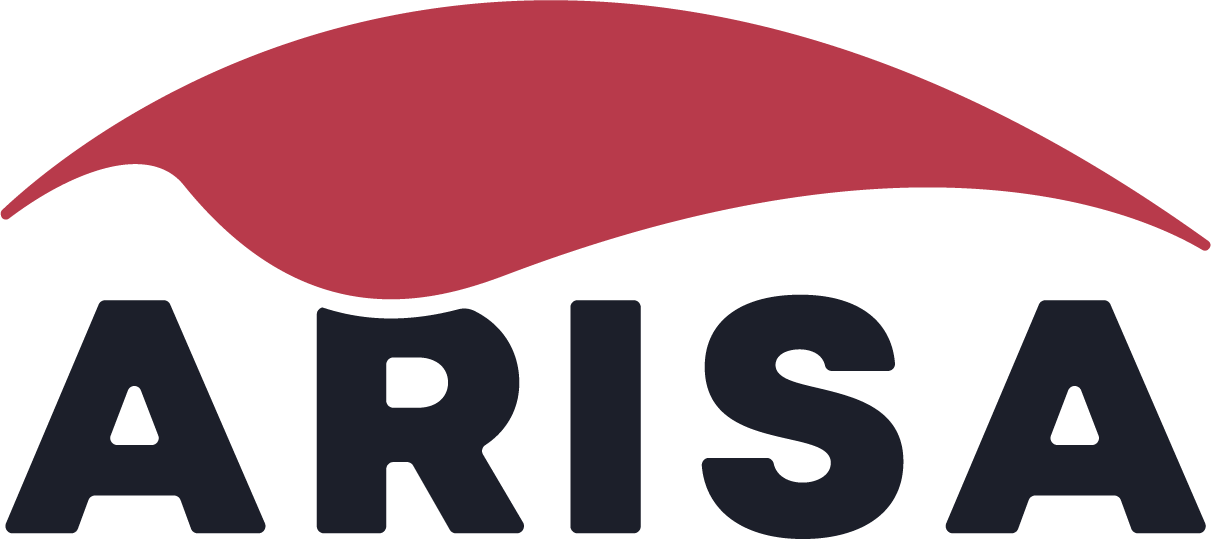Effective grievance mechanisms, or complaints mechanisms, are a critical part of the due diligence process for companies committed to respecting human and labour rights in their supply chains.
Read more below.
What is a grievance mechanism?
A grievance redressal mechanism is a structured process that allows employees, suppliers, customers, local communities and other stakeholders to raise complaints about the negative impacts of a company’s activities on people and the environment.
Grievance mechanisms exist at project, company, sector, national, regional and intergovernmental levels. They are an essential component of human rights and environmental due diligence. Effective grievance mechanisms provide a channel for remedy.
Arisa focuses on company-level grievance mechanisms and grievance mechanisms of sustainability initiatives such as multi-stakeholder initiatives. Company-level grievance mechanisms are directly accessible to individuals and communities who may be adversely affected by a company’s activities.
Part of the due diligence process
Effective grievance mechanisms, or complaints mechanisms, are a critical part of the due diligence process for companies committed to respecting human and labour rights in their supply chains.
Complaints mechanisms at the operational level provide a structured way for rights holders, such as workers and affected communities and other stakeholders, to raise concerns and seek redress for negative impacts caused by a company’s operations or business relationships. However, grievance mechanisms are not a substitute for legal action, such as court cases.
Purpose and importance
Grievance mechanisms serve several purposes in the due diligence process. For us, the following purposes are crucial:
- Access to remedy: they provide a channel for affected individuals or groups to seek redress for harm caused, which is one of the three key principles of the UN Guiding Principles on Business and Human Rights.
- Stakeholder engagement: operational grievance mechanisms are an essential tool for meaningful stakeholder engagement, enabling ongoing dialogue between companies and those affected by their operations.
- Early warning system: Acting as an early warning system, they allow companies to identify and address potential human rights issues before they escalate.
Key characteristics of effective grievance mechanisms
To be effective, grievance mechanisms should focus on addressing and resolving grievances in a timely manner. By implementing robust grievance mechanisms at each step of their due diligence process, companies can better identify and address human rights risks, provide access to remedy for affected rights holders and stakeholders and demonstrate their commitment to responsible business practices. In addition, stakeholders should be involved in the development, implementation and review of the grievance mechanism.
We strongly advocate for companies to join existing, credible grievance mechanisms or, where these do not exist, to jointly set up a unified mechanism. As suppliers often produce goods for multiple international clients, it iss difficult for workers to navigate individual company level grievance mechanisms.
We therefore recommend the establishment of a unified mechanism that is easily accessible to rights holders, ideally located in their localities. This approach should prioritise face-to-face contact with qualified grievance handlers to build trust and ensure effective communication. Such a system would not only streamline the grievance process, but also empower rights holders to voice their concerns, ultimately fostering a more transparent and accountable supply chain.
The United Nations Guiding Principles on Business and Human Rights and OECD Due Diligence Guidance for Responsible Business Conduct include effectiveness criteria and practical actions for operational level grievance mechanisms. For Arisa these are some of the key points:
- Accessible: the mechanism is known to and easy for right holders and stakeholders to use (including in their own language and with the means of communication available to them). Assistance should be provided to those right holders and stakeholders who may face barriers in accessing the mechanism.
- Predictable: a clear process with an indicative timeframe for each stage of the complaints handling procedure. Clarity about the types of processes and outcomes available and the means to monitor implementation.
- Fair: Fair treatment and involvement in the grievance procedure and protection from retaliation for complainants. Ensuring access to information, advice and expertise needed to participate in the complaints process.
- Transparent: Rights holders and stakeholders who submit a complaint should be proactively informed of the progress of the complaint handling process and should be provided with sufficient information to monitor the performance of the mechanism.
- Rights-compliant: Outcomes and remedies should be consistent with internationally recognised human rights and labour standards.
The importance of supply chain transparency
Transparency is a necessary condition for an effective grievance mechanism. It refers primarily to supply chain transparency, which allows rights holders to identify and contact companies in the supply chain and access their grievance mechanism in the event of rights violations.
Challenges
Democratic space is under pressure in many countries and regions, including South Asia. Political and other forces are making it difficult for civil society organisations and trade unions to operate. Those who stand up for human rights can face negative repercussions, and the stakeholders and local or national organisations they interact with cannot always speak out openly. They are often cautious for security reasons, including when interacting with companies. This can also make it difficult for victims to use the grievance mechanisms of companies and initiatives at the operational level.
Businesses should take these factors into account. They should ensure the safety of their interlocutors so that they can speak out, and they should preserve and protect democratic space as much as possible.
In such contexts, Arisa fully endorses the United Nations recommendations to both governments and companies on ensuring respect for human rights defenders.
Read about other due diligence priorities below
Stakeholder engagement
Information from stakeholders – especially local stakeholders – in the due diligence process is an essential complement to risk assessments, which today are often one-sidedly based on audits.
Read more